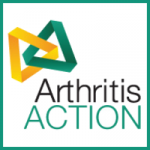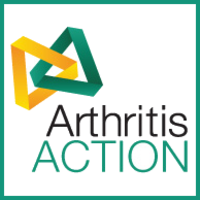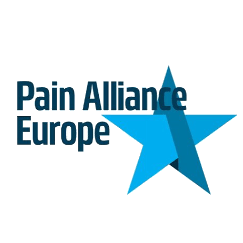 Recently, Pain Alliance Europe conducted a 6-week short survey on Covid-19 and chronic pain in twelve languages to see the current situation of chronic pain patients in Europe.
Recently, Pain Alliance Europe conducted a 6-week short survey on Covid-19 and chronic pain in twelve languages to see the current situation of chronic pain patients in Europe.
The survey showed initial results that during the pandemic 15% of people worried and feared taking prescribed medication. There was also impact on self-management plans – of those people who had a plan, 29% indicate they are not able to continue with their care plan. From all countries, the respondents in the UK reported the highest impact of pain interfering with their normal functionality.…
Read more of this article





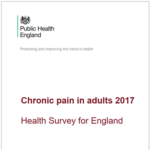
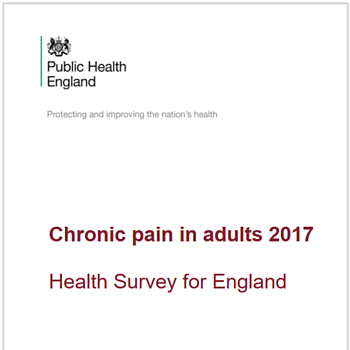 A new report from Public Health England examines data on chronic pain in England and analyses inequalities in the experience of chronic pain. The report will be useful for those commissioning and delivering services for those experiencing chronic pain and policy makers in central and local government. The findings on inequalities include that chronic pain is more prevalent in women than men; in people from the Black ethnic group than other ethnicities; and in those in more deprived areas.
A new report from Public Health England examines data on chronic pain in England and analyses inequalities in the experience of chronic pain. The report will be useful for those commissioning and delivering services for those experiencing chronic pain and policy makers in central and local government. The findings on inequalities include that chronic pain is more prevalent in women than men; in people from the Black ethnic group than other ethnicities; and in those in more deprived areas.
 Key reports exploring the role of osteopaths in supporting NHS services for the benefit of patient care, including the results of research into osteopaths as primary care First Contact Practitioners, have been published and are available
Key reports exploring the role of osteopaths in supporting NHS services for the benefit of patient care, including the results of research into osteopaths as primary care First Contact Practitioners, have been published and are available 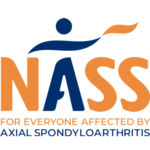
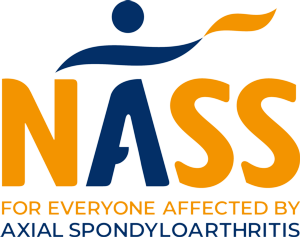 NASS was pleased to work with Dr Helena Marzo-Ortega of Leeds Teaching Hospitals and Simon Whalley from M&F Health to produce a comment piece for The Lancet Rheumatology earlier this month. The article concluded that the Covid-19 pandemic has resulted in significant disruption for people living with axial SpA (AS) and the healthcare teams providing the vital NHS services they rely on.
NASS was pleased to work with Dr Helena Marzo-Ortega of Leeds Teaching Hospitals and Simon Whalley from M&F Health to produce a comment piece for The Lancet Rheumatology earlier this month. The article concluded that the Covid-19 pandemic has resulted in significant disruption for people living with axial SpA (AS) and the healthcare teams providing the vital NHS services they rely on. The article shines a light on the difficulties that people living with axial SpA (AS) have had accessing vital services, as well as highlighting the innovative steps that healthcare teams have taken to offer people support during the crisis as well as calling for greater collaboration between policy makers and health care providers to safeguard essential care for people with axial SpA (AS).…
The article shines a light on the difficulties that people living with axial SpA (AS) have had accessing vital services, as well as highlighting the innovative steps that healthcare teams have taken to offer people support during the crisis as well as calling for greater collaboration between policy makers and health care providers to safeguard essential care for people with axial SpA (AS).… 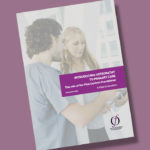
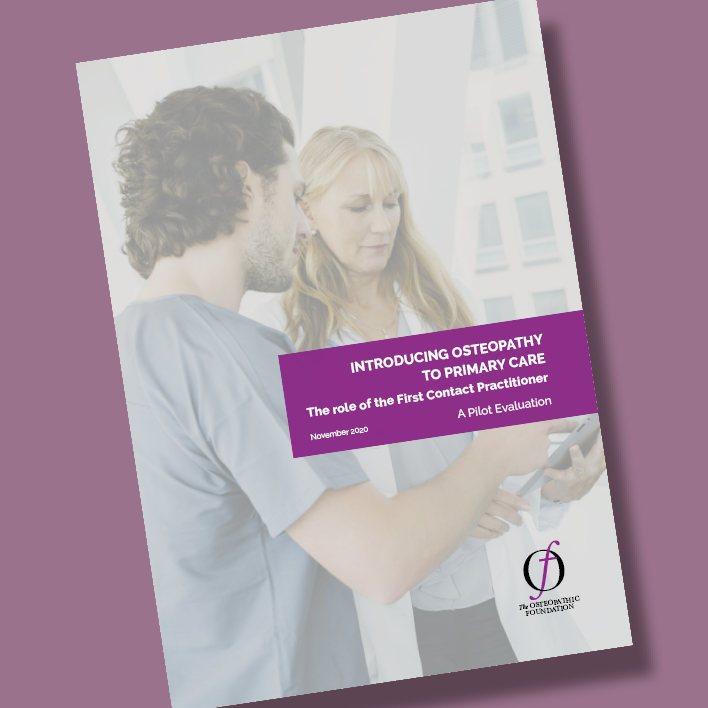

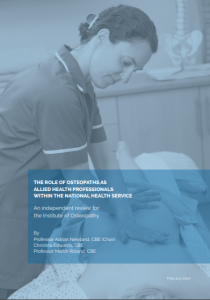 Another recent report by the Institute of Osteopathy is
Another recent report by the Institute of Osteopathy is 
 A new report from National Voices What matters to people for health and care, during COVID-19 and beyond is based on the work throughout the first phase of the pandemic to capture the experiences of people with ongoing health and care needs, through
A new report from National Voices What matters to people for health and care, during COVID-19 and beyond is based on the work throughout the first phase of the pandemic to capture the experiences of people with ongoing health and care needs, through 
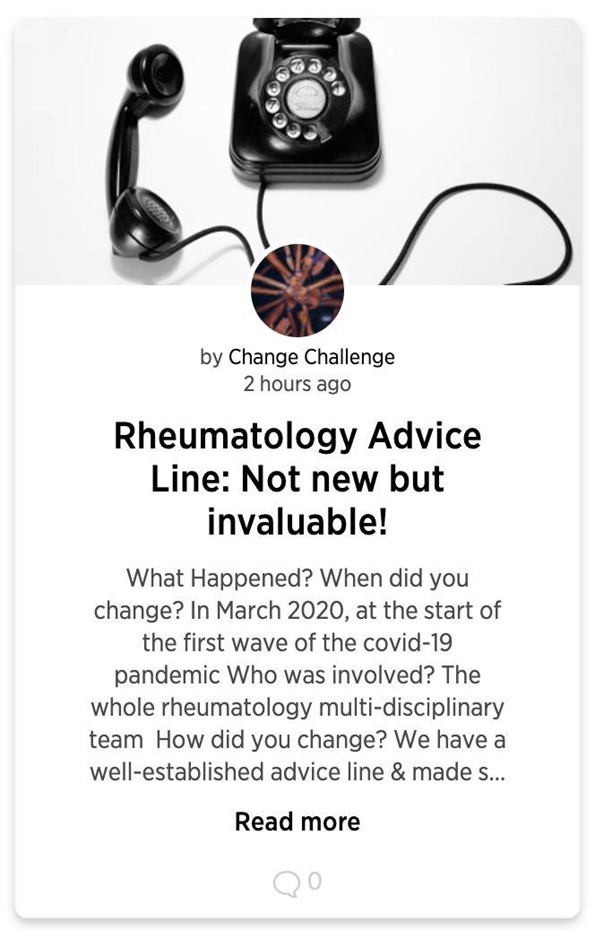 The
The 